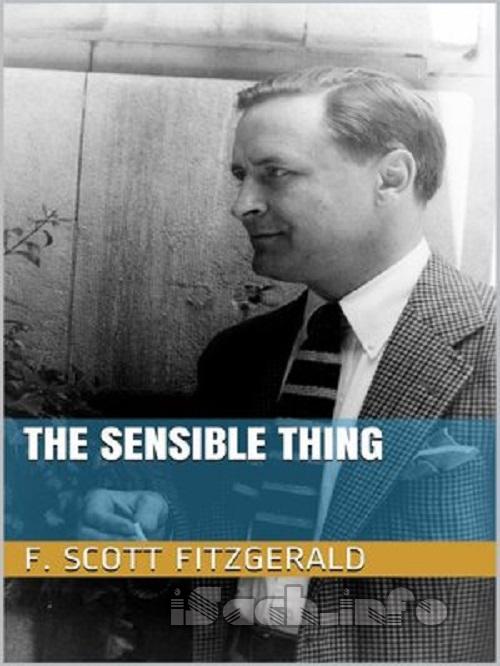Chapter 3
I
n the heat of the next day the breaking-point came. They had each guessed the truth about the other, but of the two she was the more ready to admit the situation."There's no use going on," she said miserably, "you know you hate the insurance business, and you'll never do well in it."
"That's not it," he insisted stubbornly; "I hate going on alone. If you'll marry me and come with me and take a chance with me, I can make good at anything, but not while I'm worrying about you down here."
She was silent a long time before she answered, not thinking--for she had seen the end--but only waiting, because she knew that every word would seem more cruel than the last. Finally she spoke:
"George, I love you with all my heart, and I don't see how I can ever love any one else but you. If you'd been ready for me two months ago I'd have married you--now I can't because it doesn't seem to be the sensible thing."
He made wild accusations--there was some one else--she was keeping something from him!
"No, there's no one else."
This was true. But reacting from the strain of this affair she had found relief in the company of young boys like Jerry Holt, who had the merit of meaning absolutely nothing in her life.
George didn't take the situation well, at all. He seized her in his arms and tried literally to kiss her into marrying him at once. When this failed, he broke into a long monologue of self-pity, and ceased only when he saw that he was making himself despicable in her sight. He threatened to leave when he had no intention of leaving, and refused to go when she told him that, after all, it was best that he should.
For a while she was sorry, then for another while she was merely kind.
"You'd better go now," she cried at last, so loud that Mrs. Cary came down-stairs in alarm.
"Is something the matter?"
"I'm going away, Mrs. Cary," said George brokenly. Jonquil had left the room.
"Don't feel so badly, George." Mrs. Cary blinked at him in helpless sympathy--sorry and, in the same breath, glad that the little tragedy was almost done. "If I were you I'd go home to your mother for a week or so. Perhaps after all this is the sensible thing--"
"Please don't talk," he cried. "Please don't say anything to me now!"
Jonquil came into the room again, her sorrow and her nervousness alike tucked under powder and rouge and hat.
"I've ordered a taxicab," she said impersonally. "We can drive around until your train leaves."
She walked out on the front porch. George put on his coat and hat and stood for a minute exhausted in the hall--he had eaten scarcely a bite since he had left New York. Mrs. Cary came over, drew his head down and kissed him on the cheek, and he felt very ridiculous and weak in his knowledge that the scene had been ridiculous and weak at the end. If he had only gone the night before--left her for the last time with a decent pride.
The taxi had come, and for an hour these two that had been lovers rode along the less-frequented streets. He held her hand and grew calmer in the sunshine, seeing too late that there had been nothing all along to do or say.
"I'll come back," he told her.
"I know you will," she answered, trying to put a cheery faith into her voice. "And we'll write each other--sometimes."
"No," he said, "we won't write. I couldn't stand that. Some day I'll come back."
"I'll never forget you, George."
They reached the station, and she went with him while he bought his ticket....
"Why, George O'Kelly and Jonquil Cary!"
It was a man and a girl whom George had known when he had worked in town, and Jonquil seemed to greet their presence with relief. For an interminable five minutes they all stood there talking; then the train roared into the station, and with ill-concealed agony in his face George held out his arms toward Jonquil. She took an uncertain step toward him, faltered, and then pressed his hand quickly as if she were taking leave of a chance friend.
"Good-by, George," she was saying, "I hope you have a pleasant trip.
"Good-by, George. Come back and see us all again."
Dumb, almost blind with pain, he seized his suitcase, and in some dazed way got himself aboard the train.
Past clanging street-crossings, gathering speed through wide suburban spaces toward the sunset. Perhaps she too would see the sunset and pause for a moment, turning, remembering, before he faded with her sleep into the past. This night's dusk would cover up forever the sun and the trees and the flowers and laughter of his young world.



 ePub
ePub A4
A4